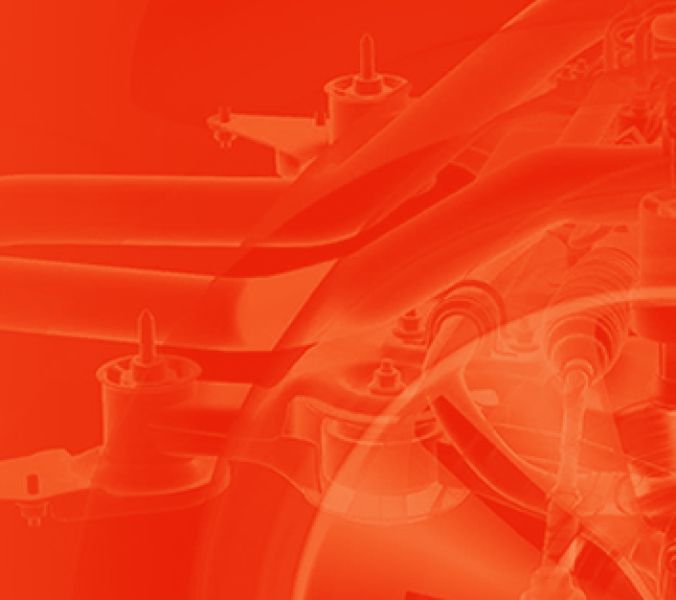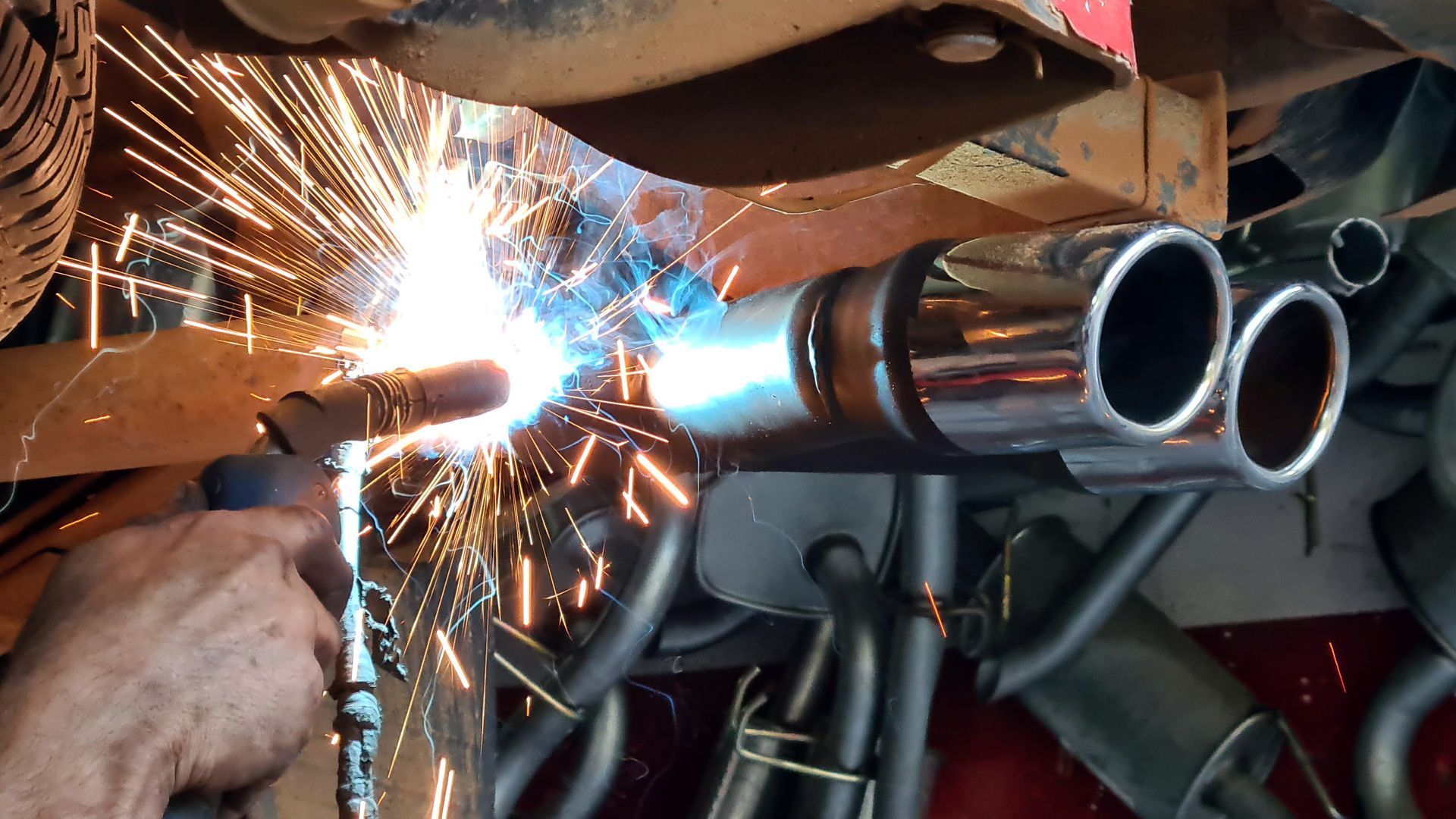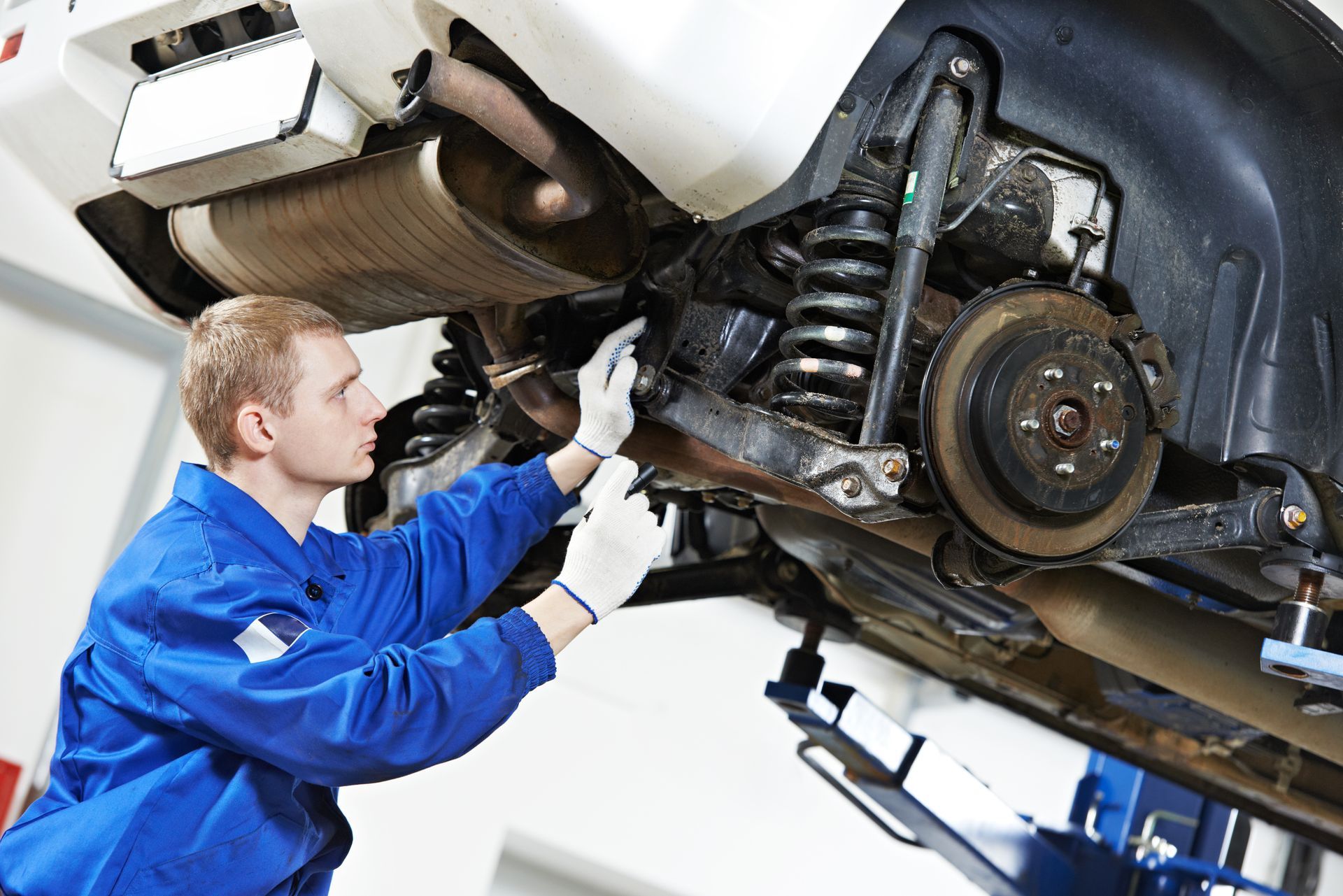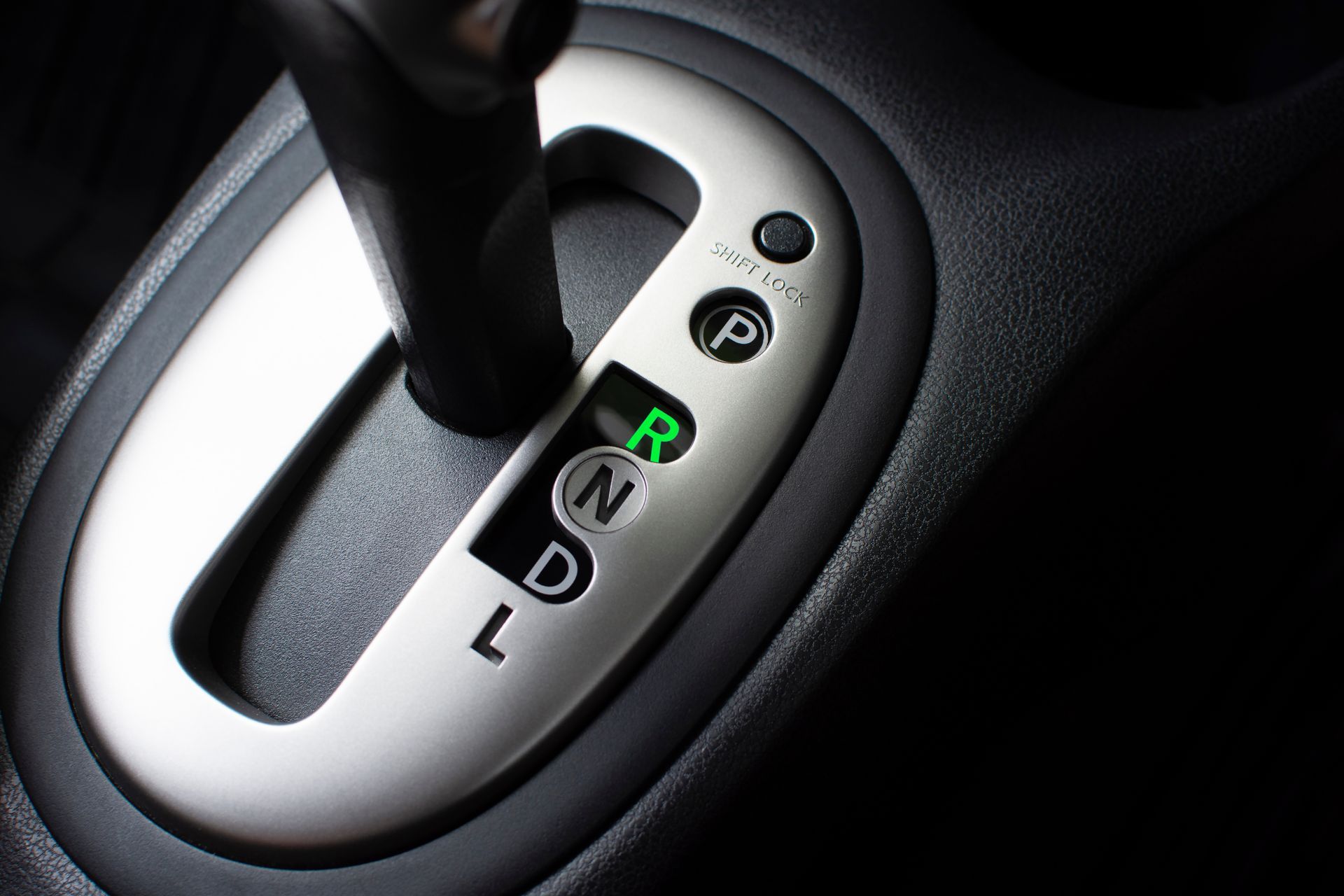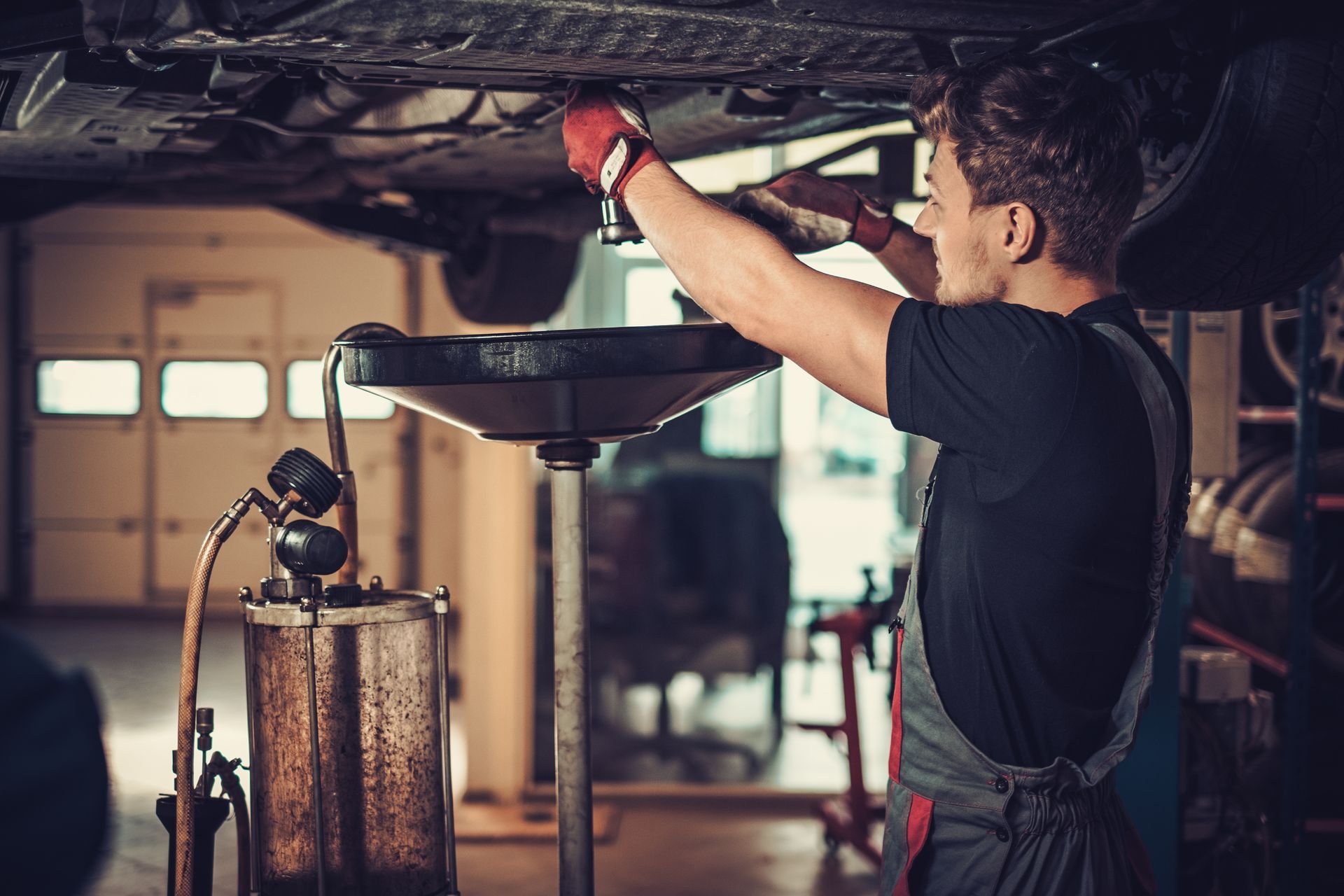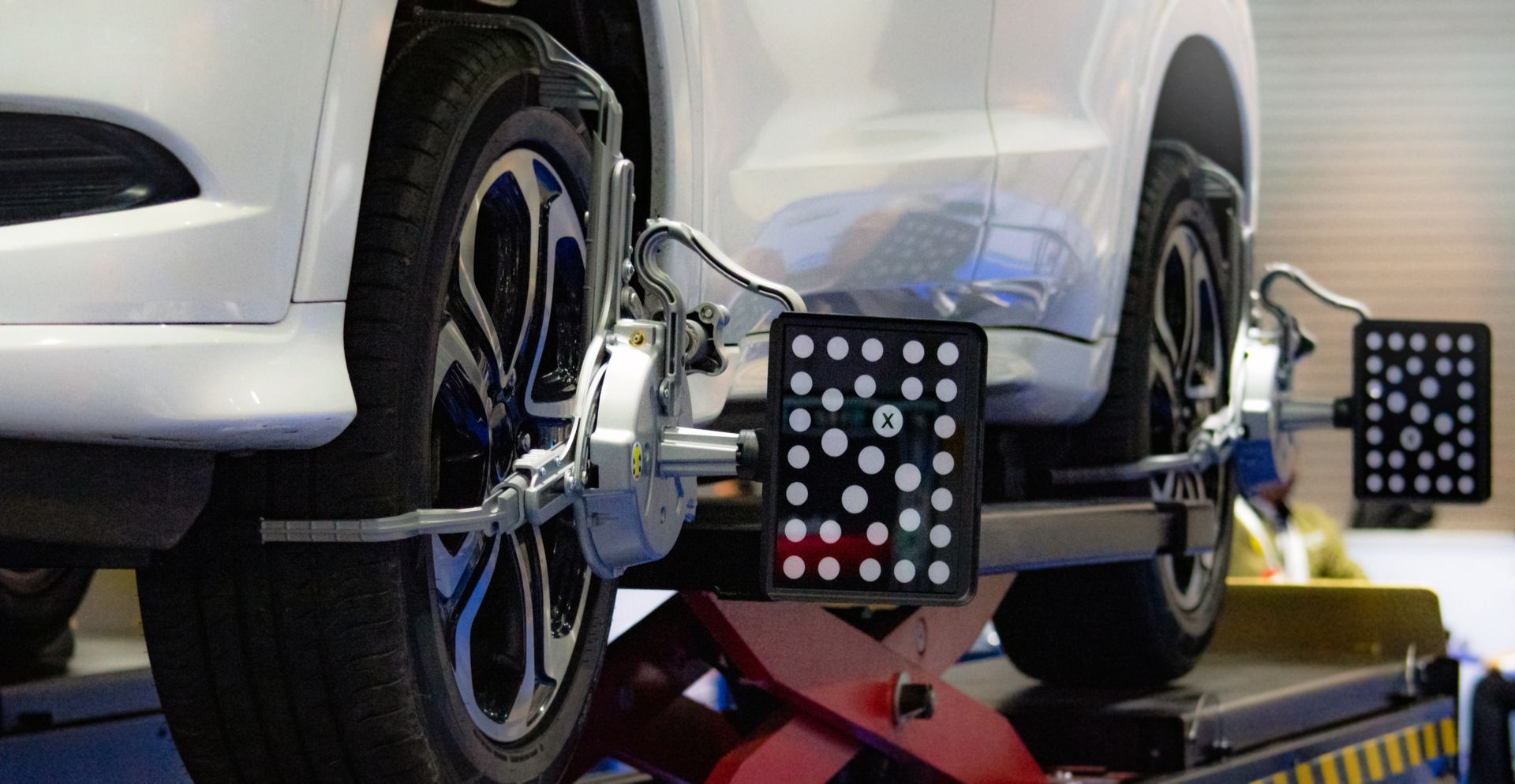Tire Rotation
You can make your vehicle tires last longer with regular tire rotation and wheel balancing.
Let’s start with tire rotation. In normal driving around, your front tires wear more on the shoulders because they handle much of the cornering forces in turns. Front-wheel drive vehicles have even more force on the front tires.
We rotate the tires so that all of the tires do some duty on the front end as well as getting a little break on the back end. That way, all four tires wear more evenly over their life and last longer.
For most vehicles, tires are rotated front to back. Some manufacturers recommend a cross rotational pattern that includes the spare tire, and some high-performance vehicles have different size tires on the front and rear and may even have uni-directional tires that can only be on the left or the right side of the vehicle.
Your Vehicle Consultant at mechaniQ can help you sort that out and will perform the right tire rotation for your vehicle.
When To Do It ?
Your tire manufacturer will have a recommendation for how often you should rotate your tires. It’s usually somewhere around 10,000-13,000 kilometers.
Wheel Balancing
Let’s move on to wheel balancing. That’s when there are heavy spots on the tire and wheel that cause it to wobble.
Balancing adds weights to the wheel to balance it out. Now, we are talking about very small weight differences. Variations in the tire and wheel manufacture can cause a slight imbalance. The valve stem, and now the tire pressure monitoring sensors in the tire, also play into the equation.
Even small differences can cause annoying vibrations at speed: the wheel is essentially bouncing a bit as it goes down the road. For example, at freeway speeds, an out of balance wheel can be slamming into the road 14 times a second. That’s annoying and can cause your tires to wear out more quickly.
If a front wheel’s out of balance you’ll feel the vibration through the steering wheel. When it’s a rear tire, you’ll feel the vibration through your seat. If you’re getting bad vibes from your vehicle, bring it in to see if it’s a balance issue or something else. You should balance your wheels whenever you get a new tire or remount a tire like when it’s been removed for a flat repair.
The post Tire Rotation – Make Your Vehicle Tires Last Longer appeared first on MechaniQ.
